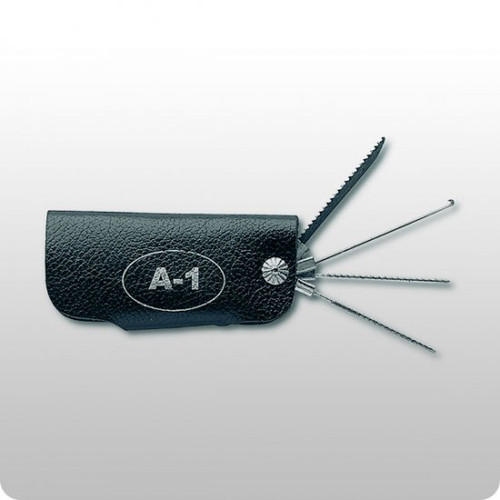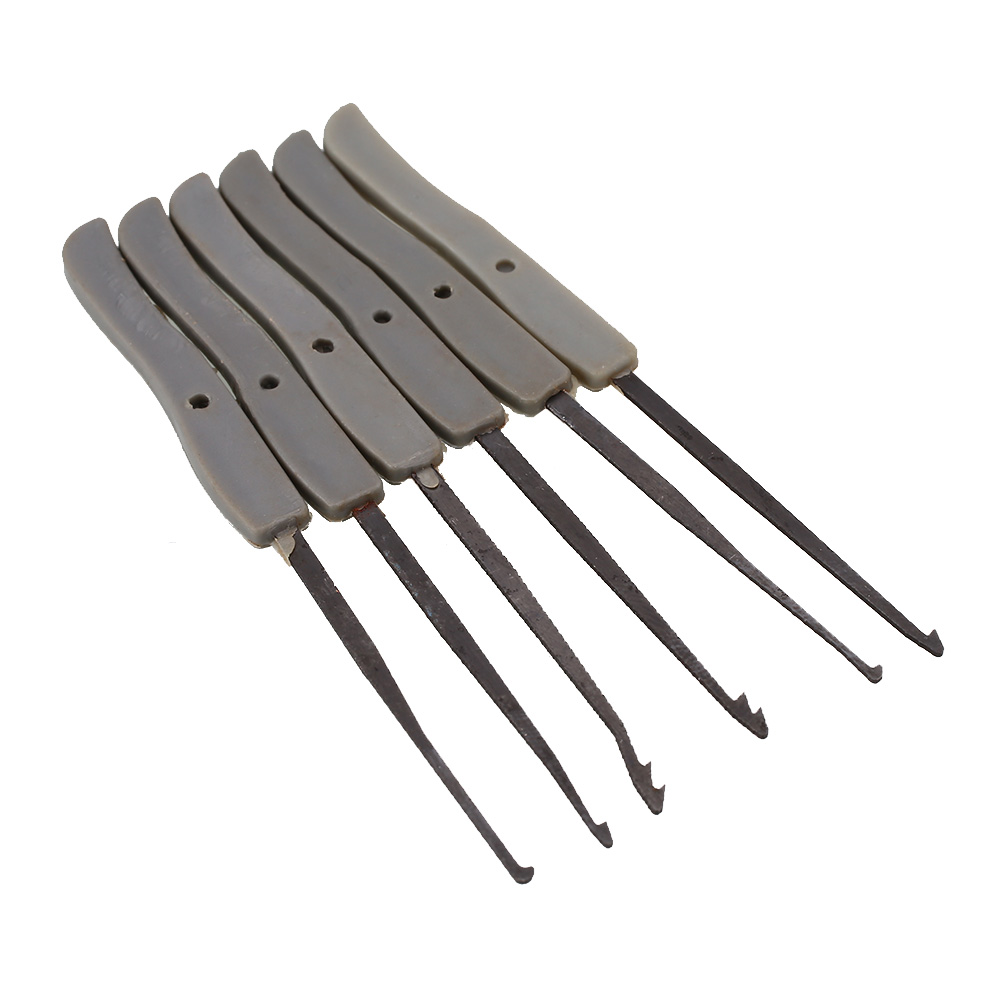

#BROKEN KEY EXTRACTOR PAPER CLIP HOW TO#
Here are seven different effective methods how to get a snapped key out of a lock.

Give it a good wriggle once, if nothing happens, follow one of the ways mentioned below. You could run the risk of pushing the broken key deeper into the lock, making it harder to get it out. If it doesn’t get out by prodding a little, use one of the 6 ways that we’ll be discussing, as pushing the key too much would do more harm than you are good. Make sure that you don’t push the key in too much. Here is the breakdown of the inventory you’d need for all the ways mentioned in the article to work. Make sure you gather the things you’d need to safely remove a broken key from the lock before getting to work. Excerpts and links to content may be used, provided that credit is given to ACME Locksmith with appropriate and specific link to the original content.RELATED How To Pick A Deadbolt Lock (Guide) Things You’d Need to Remove The Lock © Unauthorized use and/or duplication of this material without expressed and written permission from this site’s author and/or owner is strictly prohibited. If it does, just bring it into one of our locations and we’ll replace your key for at no charge.ĭisclosure: As an Amazon / Google Associate I may earn from qualifying purchases. If you get your keys made at ACME Locksmith, get a ACME stamped key that has a lifetime guarantee to never break, split or crack. Not only will they get you a good price but most locksmiths will key up the new lock to your existing house key as part of your purchase, no additional charge. But buy the new lock from your local locksmith. Now, if you ignored my advice and glued the key in, throw the lock away and buy another one. They will be able to get the key out for less than the price of a new lock. If you’ve tried it all, except the glue, just remove the lock from the door and take it to your local locksmith. What if You Still Can’t Get the Broken Key Out? Once that happens, the key’s never coming out. Now you have to do this without getting super glue on ANY other part of the lock or you will glue the key or lock cylinder in place. The idea behind this is to to put super glue on just the very tip of the broken key. You may have seen some online advice to try and use super glue to remove the key. Removing the Broken Key Close to the Opening Use Needle Nose Pliers or Tweezers to Remove the Key Or you can use needle a nose pliers to bend and create a hook in any other very thin piece of metal (like a paperclip).

There are also a number of very small jigsaw blades that will work like a hook extractor in a pinch. Or you can rough up the paper clip on your own with a file. Some paper clips have grooved edges and can work in a pinch as a spiral extractor. There are several different types and affordable key extractor sets on eBay if you’re not in a hurry to remove the key. Insert the hook extractor along the cut side of the key and push back until just beyond the first cut. You are trying to create enough friction along the edge of the key to pull it out.įor the hook extractor you are trying to hook the first cut of the broken key to pull the key out. You will be trying to push the extractor along the very top edge of the keyhole to push the pins up and out of the way.įor the spiral extractor, twist while gently pulling out. Be careful not to push the key further into the lock. To use, insert the key extractor along the edge of the cut side of the key. With a narrow pin, clip or other object poke into the slot and simply push the key out as shown. The back side of the cylinder will have a slot in it. If your home has Schlage door hardware (and some other brands), the easiest and quickest way to remove a broken key is to take apart the lock to expose the back side of the cylinder. Push the Broken Key Out of the Back of the Cylinder
#BROKEN KEY EXTRACTOR PAPER CLIP DRIVER#
You can use a paperclip or small screw driver to orient the cylinder to the position that allows the pins to move freely and the key to come out. Just remember how you normally insert the key. Sometimes, lock cylinders are installed upside down. The cylinder must be returned to it’s normal vertical position to remove a broken key.įor most home hardware, the correct key position for extraction is with the cuts of the key pointing up. They cannot move up, out of the way to remove the key. If the cylinder is turned when the key breaks, the pins lock the key in place. When the key is inserted into the lock the pins rotate with the key along a shear line so the lock cylinder can spin.

Inside the cylinder, there are pins, which correspond to the cuts in the key. When a Working Key is Turned, the Red Pins Shown Will Lock the Key in Place So It Can’t Be Removed


 0 kommentar(er)
0 kommentar(er)
